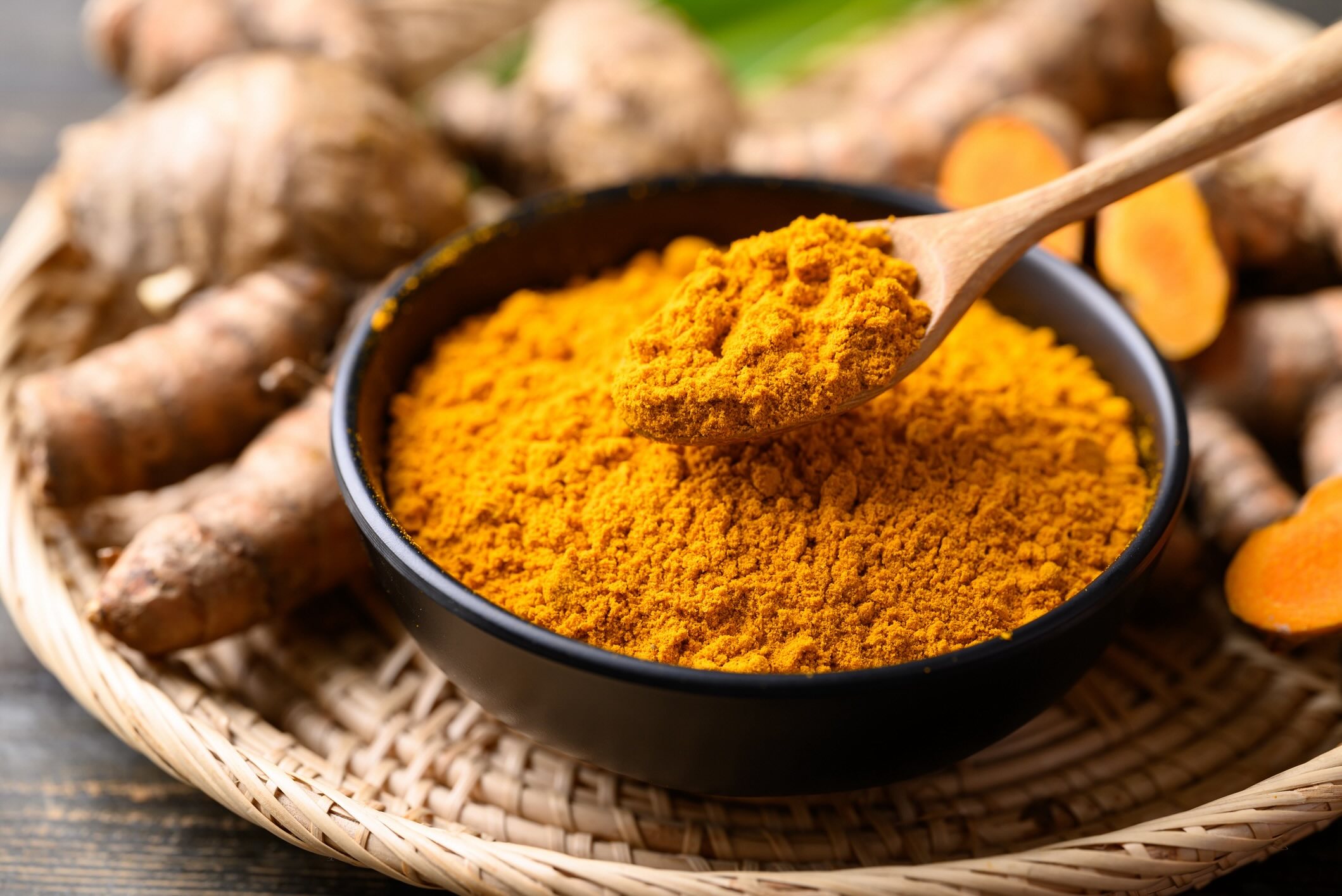Harnessing the healing power of turmeric for cancer patients


Turmeric, with its vibrant yellow hue, not only enhances the color of dishes but also brings a treasure trove of health benefits. In recent years, there has been growing interest in the potential benefits of turmeric, a vibrant golden spice commonly used in Asian cuisine and traditional medicine, for cancer patients. Let’s explore the science-backed benefits of turmeric and how it can be a supportive ally in the fight against cancer.
Antioxidant defense: Cancer development often involves oxidative stress, which damages cells and promotes tumor growth. Turmeric's antioxidant properties help neutralize harmful free radicals, protecting cells from oxidative damage and potentially inhibiting cancer progression.
Anti-inflammatory effects: Chronic inflammation is closely linked to cancer development and progression. Turmeric exhibits strong anti-inflammatory effects by inhibiting key inflammatory molecules, which may help reduce cancer-related inflammation and its detrimental effects on the body.
Anti-cancer activity: Studies have shown that turmeric may interfere with several cancer-related pathways, including cell proliferation, apoptosis (cell death), angiogenesis (blood vessel formation in tumors), and metastasis (spread of cancer cells). These effects suggest that turmeric has the potential to inhibit cancer cell growth and metastatic spread.
Enhanced treatment sensitivity: Research indicates that turmeric may enhance the sensitivity of cancer cells to conventional cancer treatments such as chemotherapy and radiation therapy. This synergistic effect can improve treatment outcomes and reduce the risk of treatment resistance.
Supportive role in cancer management: While turmeric is not a standalone cancer treatment, incorporating it into a comprehensive cancer management plan may offer additional benefits. It can support overall health, alleviate treatment side effects such as inflammation and fatigue, and enhance quality of life during cancer treatment and recovery.
How to incorporate turmeric into your diet: Adding turmeric powder or fresh turmeric root to your meals can impart a vibrant color and earthy flavor. Turmeric is commonly used in curries, soups, stir-fries and golden milk (a warm beverage made with turmeric and spices).
Golden Milk by Ripsi Arora, MS, RD, LD, clinical dietitian
Ingredients:
- 1 cup milk of your choice
- ½ teaspoon turmeric powder
- Pinch of black pepper powder
- 1-2 tsp natural sweetener such as maple syrup or honey (optional)
Directions:
- In a small saucepan or pot, combine milk, turmeric and black pepper powder.
- Bring to a gentle boil over medium heat.
- Once boiled, remove from heat and pour into a cup.
- Add your preferred natural sweetener, stir well, and savor the warm, golden goodness
Consult your health care team
As with any dietary changes during cancer treatment, it’s crucial to consult your health care team, including oncologists and dietitians. They can offer personalized guidance based on your specific health needs, treatment protocols, and potential interactions with medications.

 Close
Close